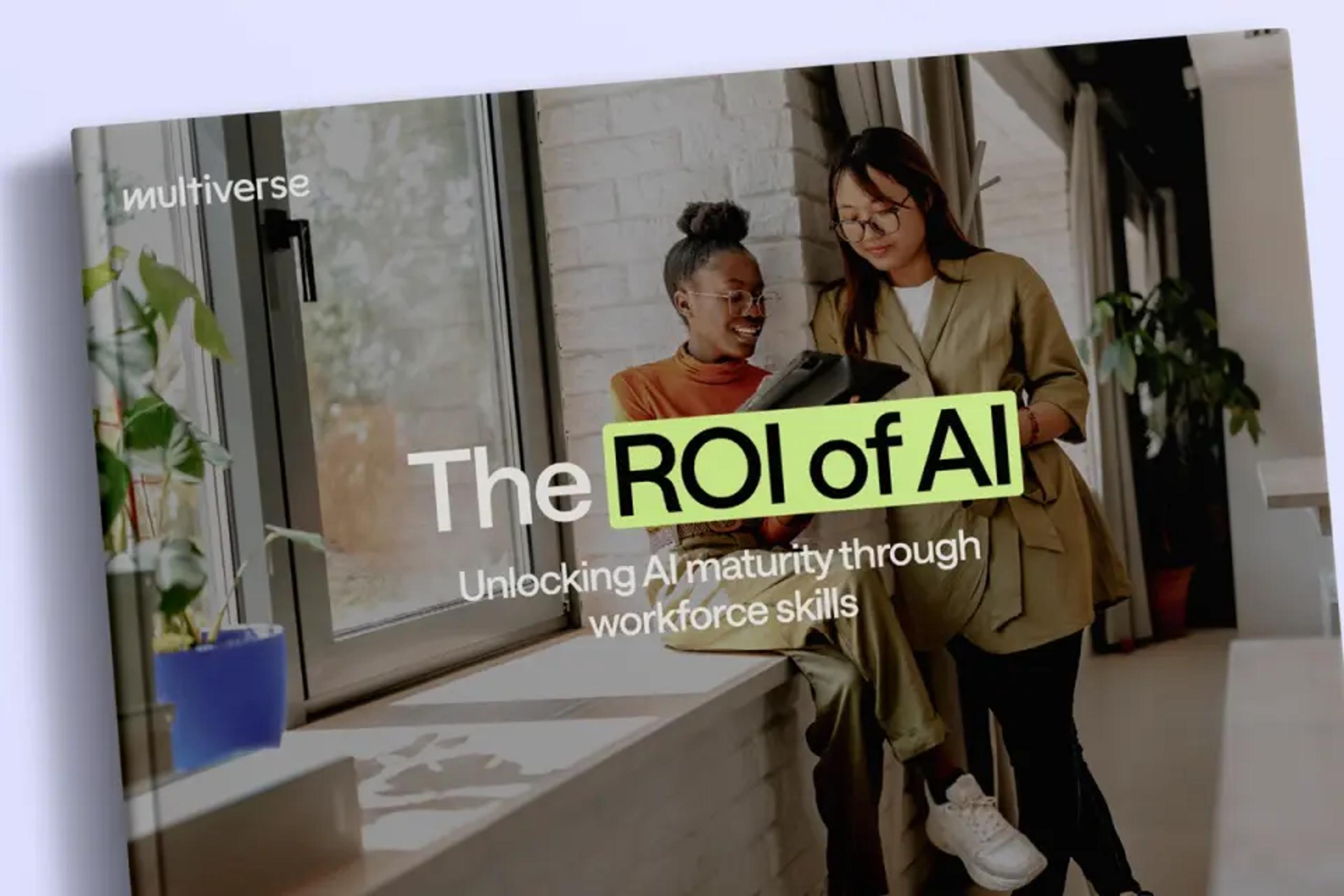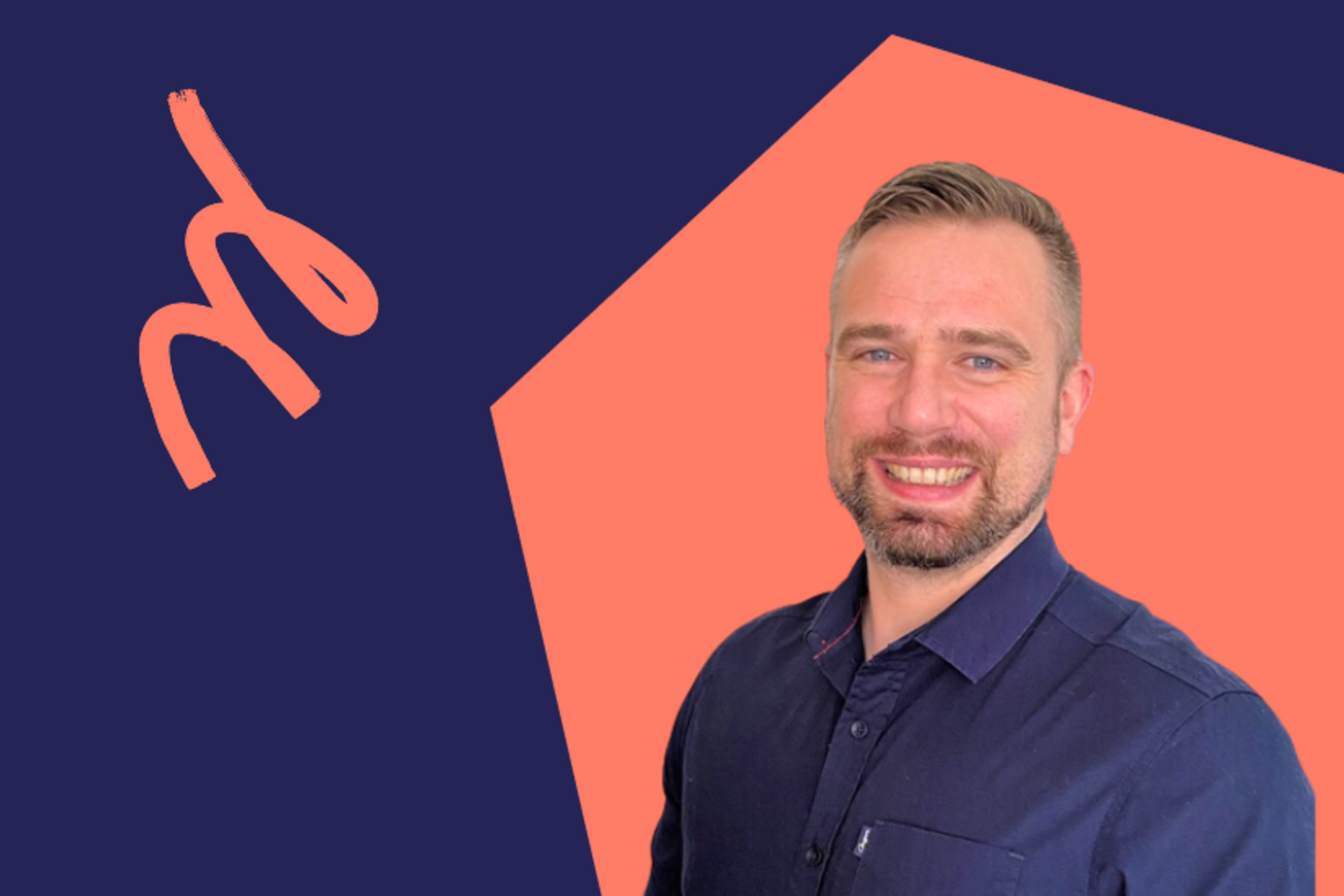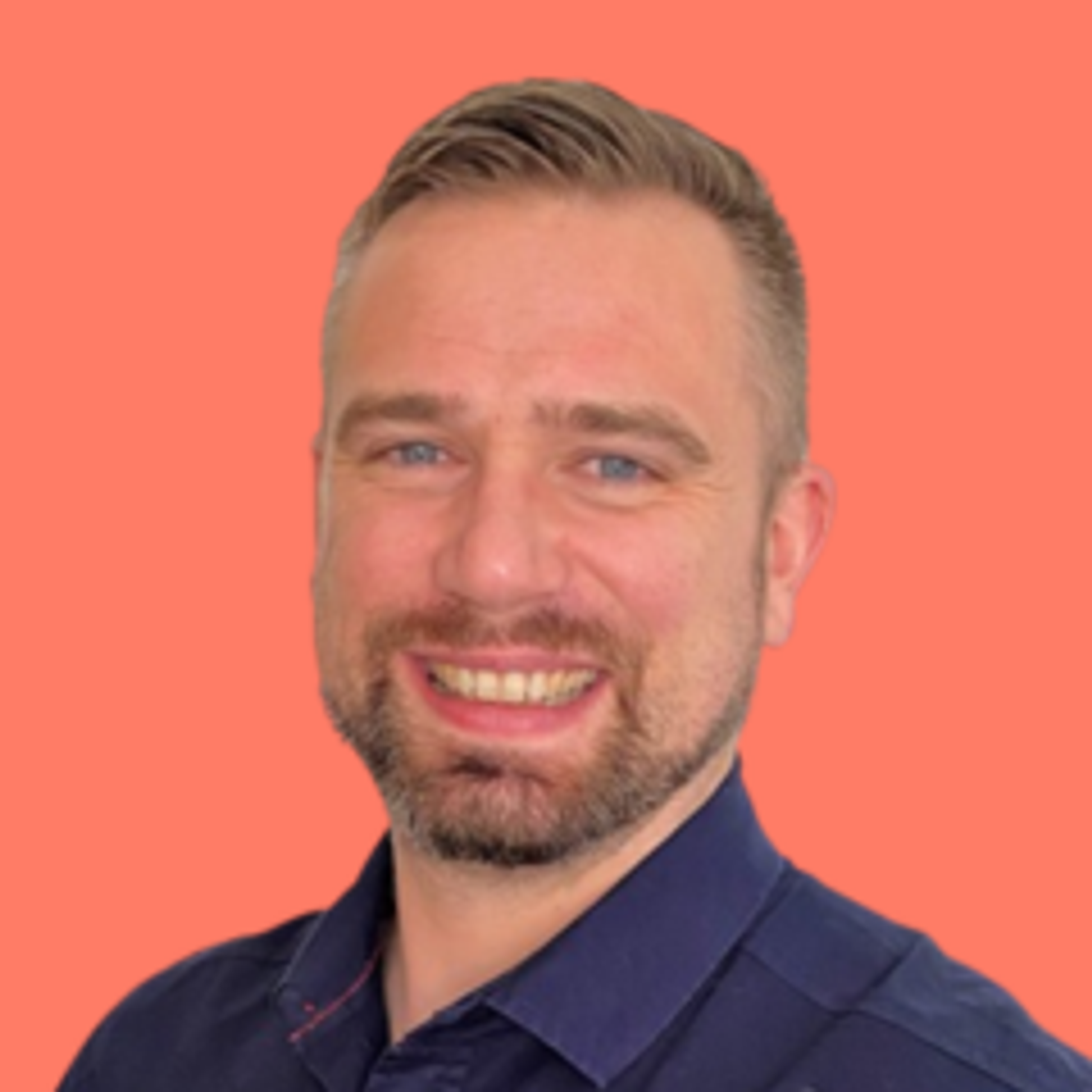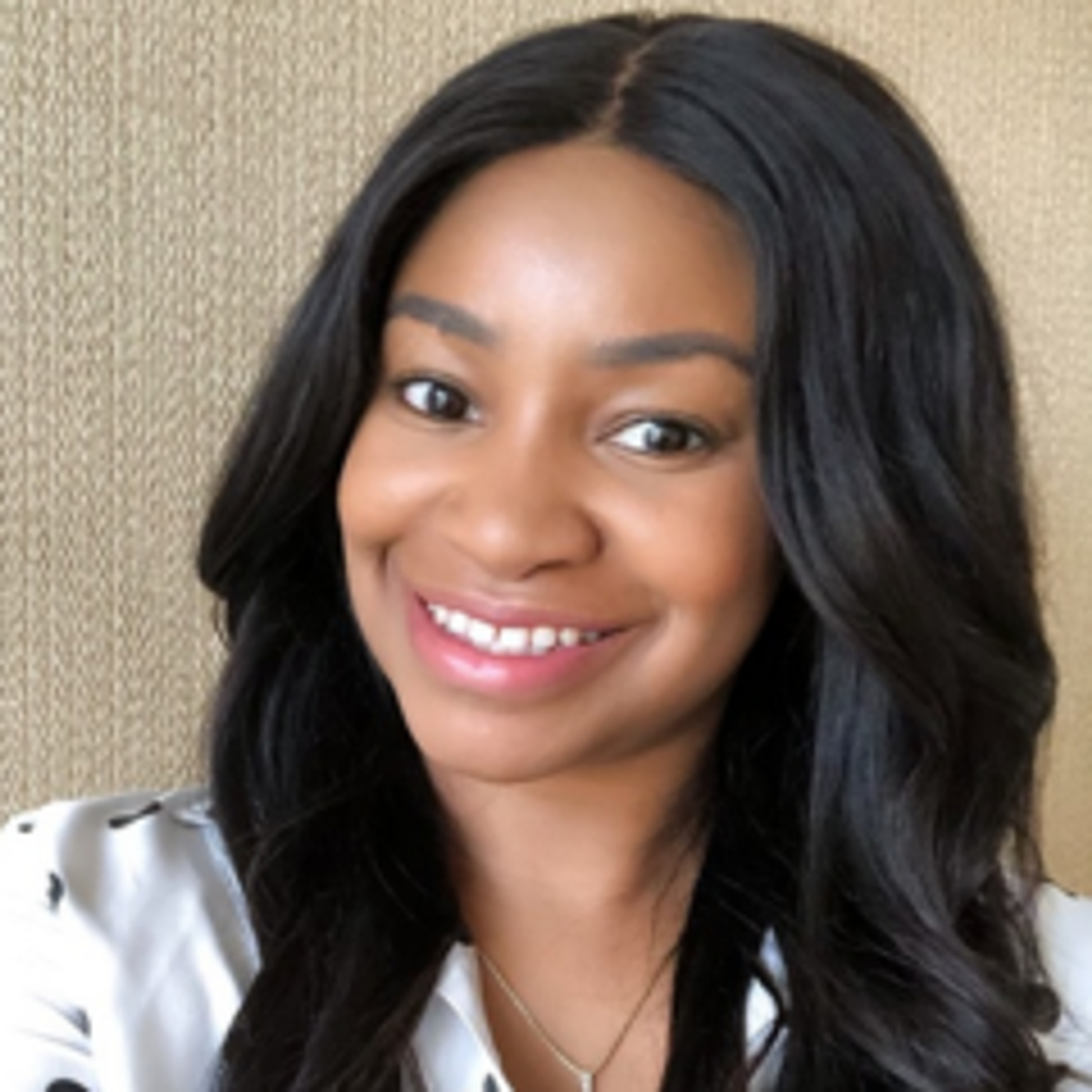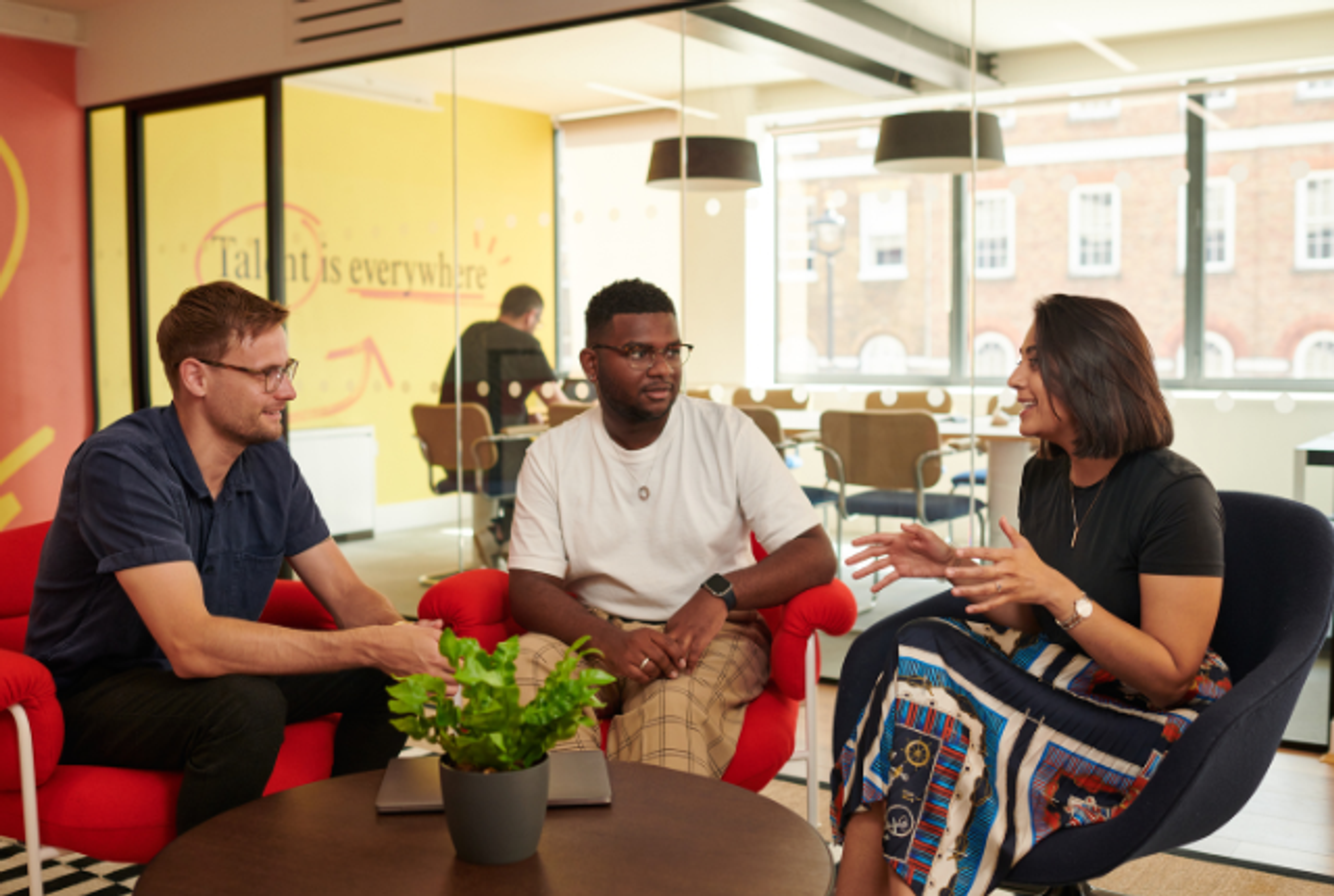We caught up with Adam Harris, a Data Fellowship coach here at Multiverse, to discuss his career journey, and how this has impacted his role as a coach. We dig into the transferable skills and routes to success that he has harnessed in this transition.
Q. You have had a varied career history before joining us at Multiverse. How did you decide to make this transition?
As a civil engineer for almost a decade, I spent my time working on various construction projects throughout the UK, with a specialism in the Nuclear Energy industry. I enjoyed my role, and specifically working with like-minded people but always felt something was missing. I felt like I could have more impact and was itching to try something different. This came with a lot of uncertainty as I had to consider if my role at the time fit with my future career goals.
I shifted my perspective to think about the things that I enjoyed most — helping colleagues and junior engineers with issues and using data to drive results. I know the impact of data in the modern world and started to think about the difference I could make by sharing my data skills with my colleagues.
Not soon after, I came across Multiverse. I spoke to a member of the team and heard more about the mission, and realised that this is what I was missing. I enjoyed the idea of seeing how your actions can change people's lives in real time and wanted to work in a company that had a mission to improve the lives of others. After some more research, I realised that I wanted to be part of the change to create a better route to jobs through education. And ultimately knew I’d regret not giving it a shot.
Q. What has been the best part about being a Data Fellowship Coach at Multiverse?
People and impact. And I'm sure I speak for many of my colleagues here - we really are surrounded by the best people in the industry. We all share a common goal and are all driven by wanting to have an impact - both on our apprentices and our partner companies.
Q. How have you used the skills you gained in industry to aid your coaching practice and the journey of your apprentices?
As I have practical experience in industry, I know what it takes to manage projects, solve problems and use data in real-world cases. This means I am able to take an applied learning approach and elevate it with anecdotal examples. I can share potential outcomes, common pitfalls and key tools to use based on the needs of different apprentices and partners, and make sure the theory taught is always applicable to the apprentice’s role. In our monthly check-ins, we set goals, objectives and discuss their project. Being a coach at Multiverse means using the tools you gained in industry to help others do the same.
Q. The prospect of leaving industry and moving to a full-time coaching role is a big decision. What are your top tips for candidates who are considering this transition? It is 100% a big decision, but it gets to a point where you have to make the leap - and trust in yourself, and your overall values and goals. I used some online resources to help me find my values and define my goals - as this wasn’t something I’d done before.
For me, the thing that made me solidify my decision to move away from industry was the ability to help people and the improved flexibility. Now talking from experience, the coach role gives me more flexibility than I’ve ever had. Managers trust you to deliver on your responsibilities as well as support you towards taking on new ones.
Looking back, the interview process gave me a great indication of the role and allowed me to meet lots of people that I now work with! When it comes to advice, I would spend time researching Multiverse, coaching more broadly as well as the role to make sure it is the right fit for you.
Q. What are the biggest challenges you have overcome since becoming a coach? How can prospective candidates mitigate this?
One of the biggest challenges was being able to transition to a culture of community. I had in the past felt afraid to ask for help, but this is welcomed and encouraged at Multiverse. When I first started I noticed people were putting in short informal meetings into my diary, which are coined ‘coffee chats’. During this time, I could get to know people from the team, feel a greater sense of community and share best practices with colleagues. If you start as a coach, do not be afraid to ask questions or put a quick meeting in someone’s diary, it could save you a lot of time and you build a new connection!
Q. What has development looked like for you at Multiverse? How have you been able to keep on top of your technical skills while in the role?
Development has been clear for me at Multiverse. One of our values is that development is at our core. I have felt that specifically in my team, we have weekly continuous professional development sessions to make sure we are upskilling and keeping up to date with new technology/tools.
These include tech and coaching-focused sessions led by colleagues and peers. Our team is made up of a variety of people from industry professionals, PhD graduates, technical specialists and more, so there is a huge breadth of knowledge and skills across the team and we enjoy learning from each other. There is always a forum and channel to ask questions and you are encouraged to discuss with your manager development and upskilling opportunities. You can find out more about development from my colleague here.
Adam is one of many of coaches who has transitioned from industry to the coach role at Multiverse. Has this blog got you thinking you could do the same? See our active roles here(opens new window).
